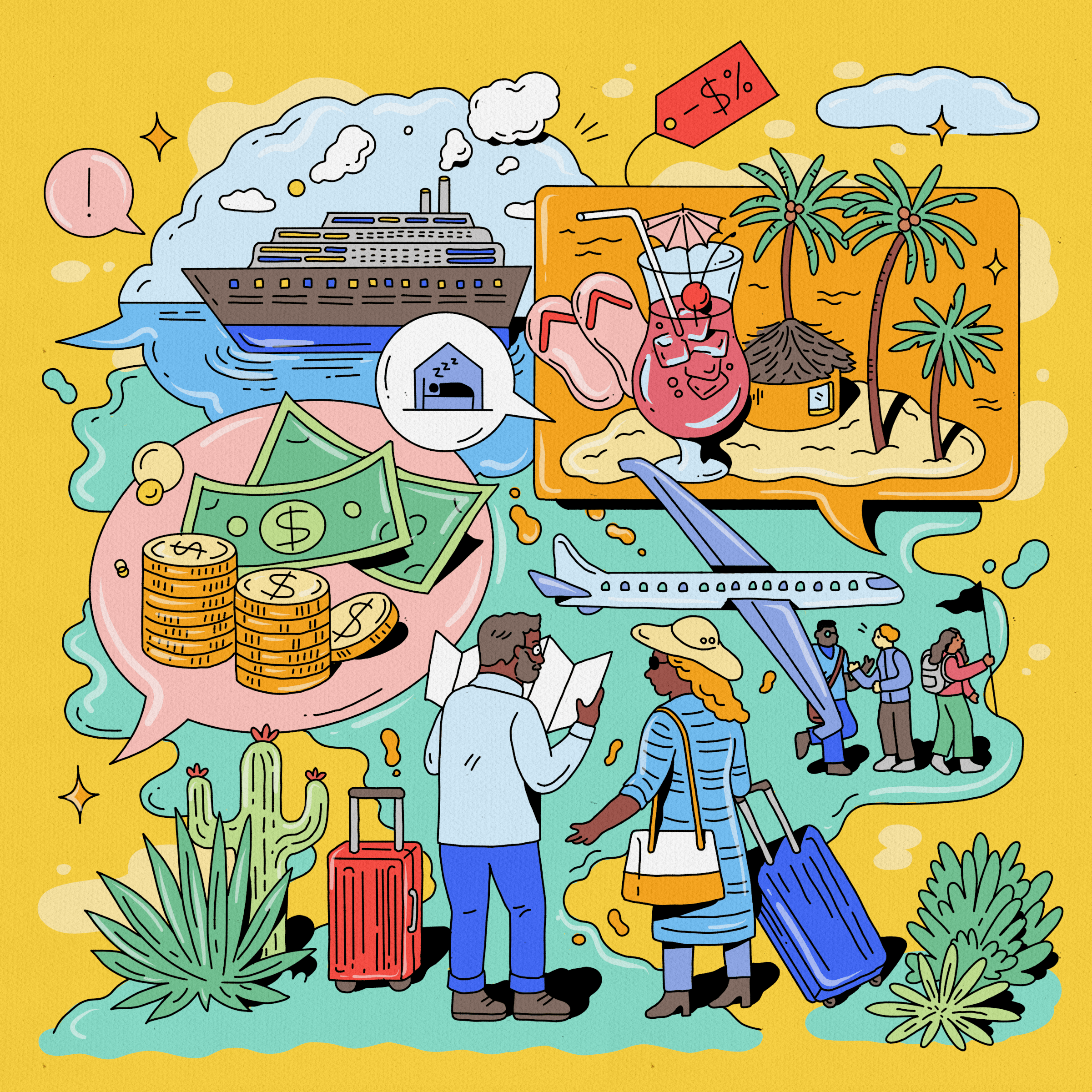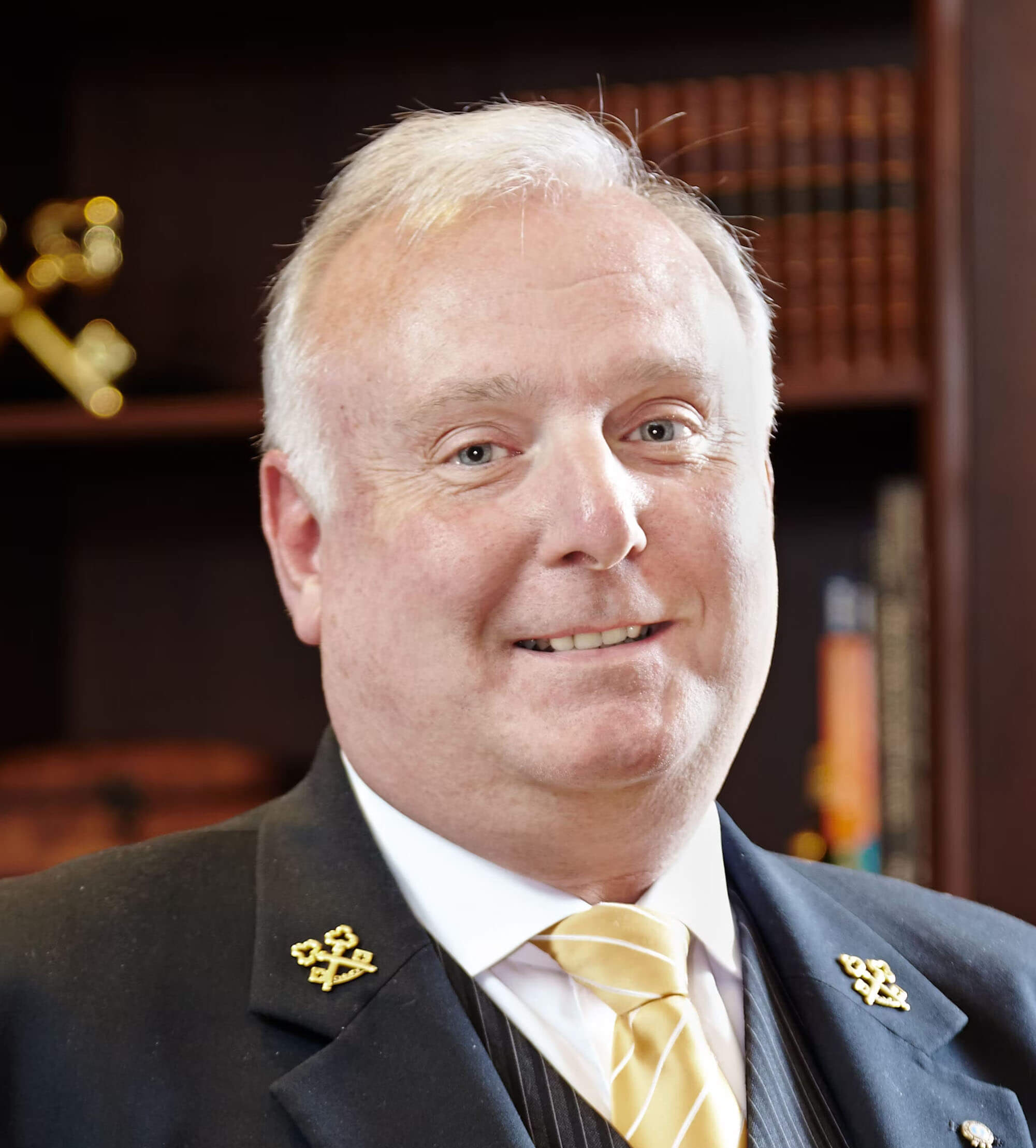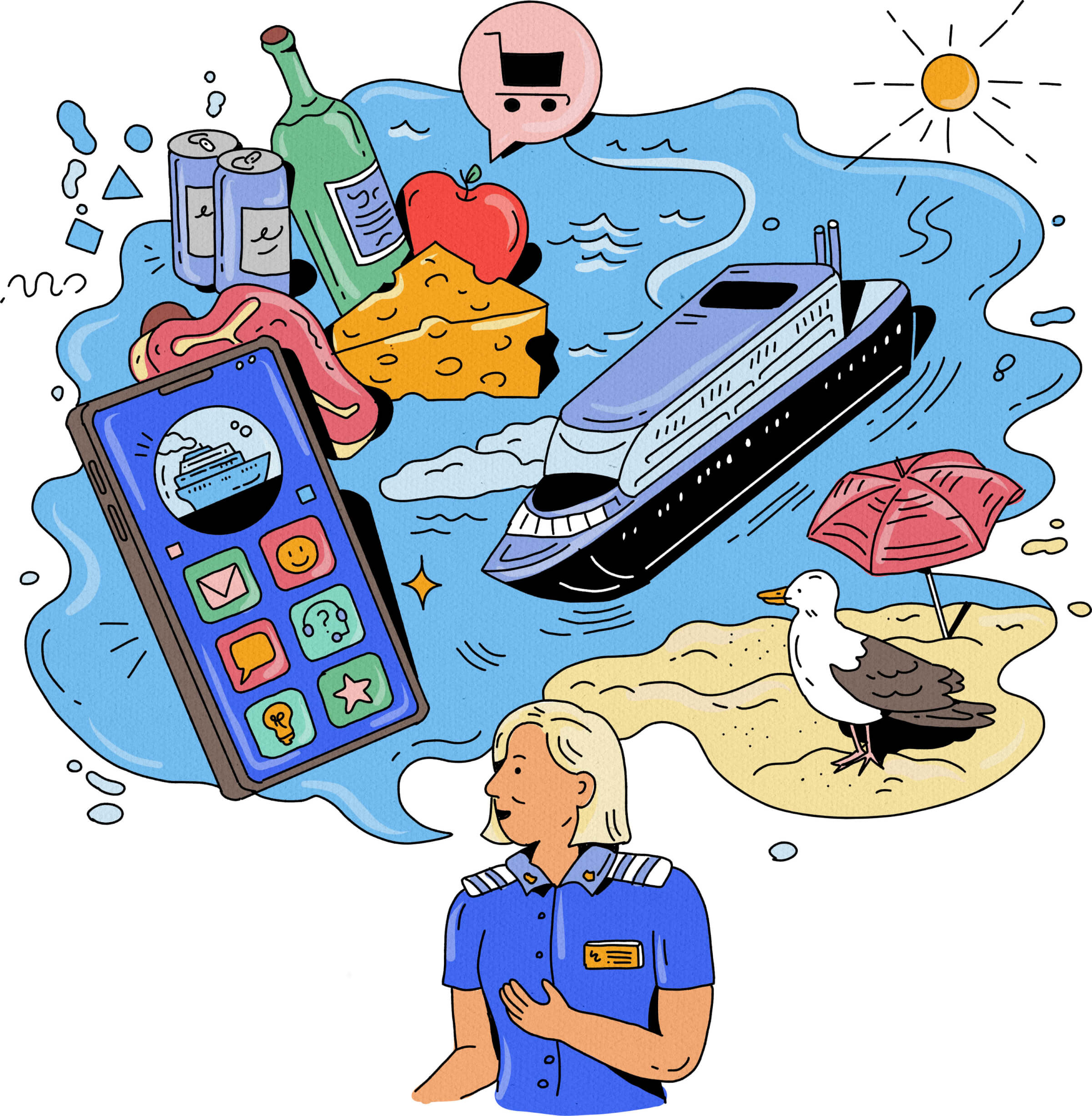
Travel Secrets ... From Those in the Know
There are so many decisions that go into a successful vacation. Who better to help you make the best choices than people in the industry? We asked them to share their top tips—the type of knowledge that can only come from being on the inside

The Hotel Concierge
✦ Ask for the sky. The spectrum of services a concierge can provide ranges from A to Z. As long as it’s legal and moral, we can do it. For example, for a romantic evening involving a marriage proposal, we arranged for a violinist to play for the couple at one of D.C.’s iconic memorials. Simple requests include a new pair of shoelaces, cuff links and a bow tie.
✦ Make special requests in advance. We want as much notice as possible, especially for reservations at the most popular restaurants. I still have my black book with the maître d’s at the popular restaurants. That’s essential for any good concierge. It’s not what you know, but who you know.
✦ Don’t let “sold out” deter you. If you don’t ask, you don’t get. We have relationships with brokers, so we can get some tickets that appear sold out. It’s all contact-driven. We also get tickets in advance for museums that require timed entry. I like to be challenged to be able to amaze and delight our guests.
✦ Ask for room amenities. The concierge can coordinate personalized amenities, such as drink or pillow preferences, with the guest relations department. We always like to be the first point of contact—a hotel triage of sorts.
✦ Get a ride on demand. Whenever taxis are scarce, we use a special booking tool called a taxi butler. We press a button and normally within 10 minutes, a taxi will appear.
✦ Tip appropriately. There is no rule on how much to tip a concierge, and a good one does not expect it. If the concierge has performed above and beyond, it’s always nice to receive a gratuity as a thank you. For a simple request like a dinner reservation, a $10 tip at a five-star hotel like the Willard and $5 for a three- or four-star hotel is appropriate. For something more intricate, like booking a list of restaurants prior to arrival, some guests will give $50.

Robert Watson has been the chef concierge at the luxury Willard InterContinental Washington, D.C., for 18 years. He has also served as international president of Les Clefs d’Or U.I.C.H., the international association of professional hotel concierges.

The Cruise Director
✦ Eat local. Some cruise chefs visit local markets when in port to pick up fresh food, along with regional specialties like olives, cheeses and local wine, spirits and beer. So at dinner, ask your server what’s regional that day. Even better, ask if you can accompany the chef on their shopping foray to experience the local food scene. Many cruise lines organize chef-led market outings.
✦ Allow for serendipity. For must-have outings, book your shore excursions early. But don’t lock in your entire itinerary. A fellow passenger may tell you about an amazing tour they experienced that you may want to do too. If you do book ahead, many cruises will allow cancellations and changes up to 24 hours in advance of the tour.
✦ Attend the nightly port talks. They provide a helpful overview of the next day’s destination for ideas on where to go, what to see or what tours you may want to book. They also share timely updates about the weather and other conditions ashore.
✦ Use social media. Cruise lines have their own channels on social media, which can be a great resource for trip planning. Consider private groups (like on Facebook) where cruise fans share ideas and experiences and can answer specific questions or provide tips on individual ports and what to do there.
✦ Book onboard reservations early. As soon as you board, book the specialty restaurants you want to dine at, as well as any spa treatments. These can fill up quickly, especially spa times on days at sea. But if you don’t get the reservation you want, don’t fret. Check in the day before or day of for cancellations.
✦ Keep details on hand. Carry the ship’s contact information and the cruise terminal name with you when you go ashore. This will come in handy should you need to call for assistance or direct a taxi to where your ship is docked; the driver may not know which terminal is being used by which ships.

Renata Bacal is Windstar Cruises’ entertainment and engagement manager aboard the 312-passenger Star Pride.

The Tour Guide
✦ Consider your capabilities. Find out how much time is being spent on a bus. Riding for long periods of time between attractions may be a disappointing way to spend your time. But many stops can also pose issues. Getting on and off a bus four or five times a day can be challenging. And look for smaller groups. Meals in big groups take longer.
✦ Mix and mingle. Couples traveling together typically don’t branch out, and they miss an amazing opportunity to learn from others in the group. There’s so much value in your tour group travel companions, in their life experience and where they’ve traveled. Get to know them. That makes all the difference.
✦ Don’t be afraid to speak up. Even though you’re on a group itinerary, let the leader know your special requests. I love it when a participant tells me, “I really want to see this museum. When would be a good opportunity to do this on my own?” I will help them work it into the itinerary. We build in free time for that.
✦ Avoid politics. There’s nothing that will bring down a group more than a political discussion, even if it’s civil.
✦ Don’t overtip. Most tour companies don’t expect participants to tip local guides, docents or bus drivers, since their gratuities are usually paid by the company. But consider tipping your tour leader at the end of the tour. If you don’t have local currency, give U.S. dollars, which are universally accepted.

Johnny Layton has worked as a tour leader since 1988 and now leads tours for Road Scholar, the nonprofit educational travel company for travelers over 50.
Veronica Stoddart is the former travel editor for USA Today.